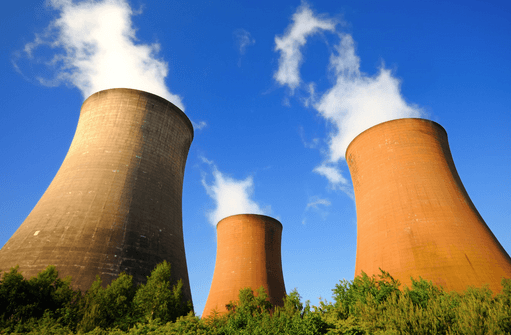

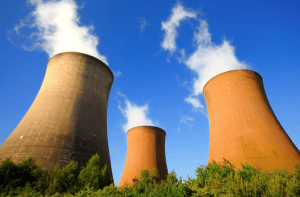 Ghana has commenced a high-level review of its Integrated Nuclear Security Sustainability Plan (INSSP) to strengthen national measures against emerging threats, including terrorism and cyber-attacks, safeguarding nuclear materials, facilities, and technologies.
Ghana has commenced a high-level review of its Integrated Nuclear Security Sustainability Plan (INSSP) to strengthen national measures against emerging threats, including terrorism and cyber-attacks, safeguarding nuclear materials, facilities, and technologies.
The INSSP, covering the period 2025-2028, is being developed based on identified areas for improvement and national priorities.
Speaking at the meeting in Accra, Mr. Kwamena Essilfie Quaison, Director for Science, Technology and Innovation, Ministry of Environment, Science, and Technology (MEST), described the review as crucial, given the current complex security landscape.
“The peaceful use of nuclear science and technology continues to expand, offering enormous benefits in medicine, energy, agriculture, and research. However, this growth also demands enhanced vigilance,” he stated.
The meeting brought together nuclear security experts from Ghana, Nigeria, Egypt, the United States, and the International Atomic Energy Agency (IAEA) to engage in technical discussions, practical exercises, and policy dialogues.
Mr. Quaison emphasised that nuclear terrorism and cyber threats to critical infrastructure require “urgent and coordinated attention”, adding that the INSSP provides a framework to detect, deter, and respond to nuclear security risks.
He commended the IAEA, facilitators, the Nuclear Security Department at the Nuclear Regulatory Authority (NRA), and the Ghana Nuclear Security Committee for their collaborative efforts in advancing nuclear security.
Professor Francis Otoo, Acting Director-General of the Nuclear Regulatory Authority (NRA), underscored the need for robust security measures as Ghana progressed towards integrating nuclear power into its energy mix.
“The fast expansion of cyber threats, combined with our increasing reliance on digital infrastructure, makes nuclear facilities vulnerable to attacks. Security must be prioritised alongside development,” he said.
Prof. Otoo explained that the INSSP, developed voluntarily with the IAEA, provides a comprehensive mechanism for countries like Ghana to strengthen nuclear security architecture and ensure the safe use of nuclear energy.
“This week’s discussions will shape not only Ghana’s nuclear security policy but also practices that protect the region and future generations,” he concluded.
Mr. Zephirin Athanase Ouedraogo, an expert with the IAEA, described the Integrated Nuclear Security Support Plan (INSSP) as the primary mechanism for IAEA cooperation with states, aimed at strengthening national nuclear security regimes.
“Each INSSP is tailored to state-specific needs using guidance from nuclear security series publications,” he stated.
Mr. Ouedrago hinted at a workshop in August to assess Ghana’s nuclear security architecture.
“Drafting this INSSP implementation plan will be a noteworthy milestone for Ghana, which we plan on accomplishing by the end of our meeting this Thursday. We encourage Ghana to remain steadfast in its efforts to strengthen its nuclear security regime and to continue working with the IAEA,” he added.
Source: GNA
The post Ghana reviews nuclear security plan to strengthen safeguards appeared first on Ghana Business News.
Read Full Story

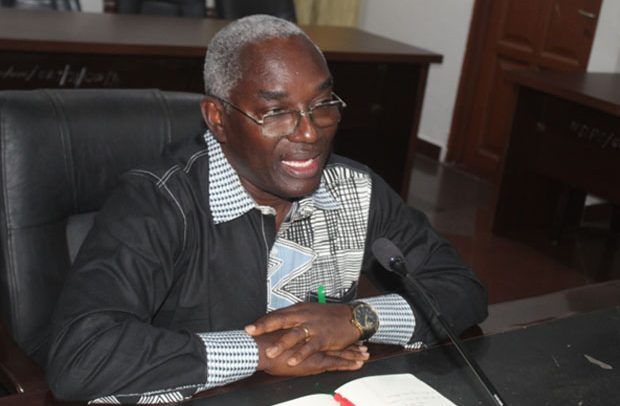


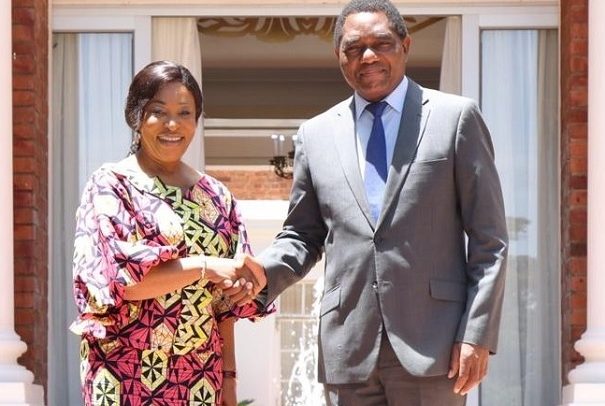







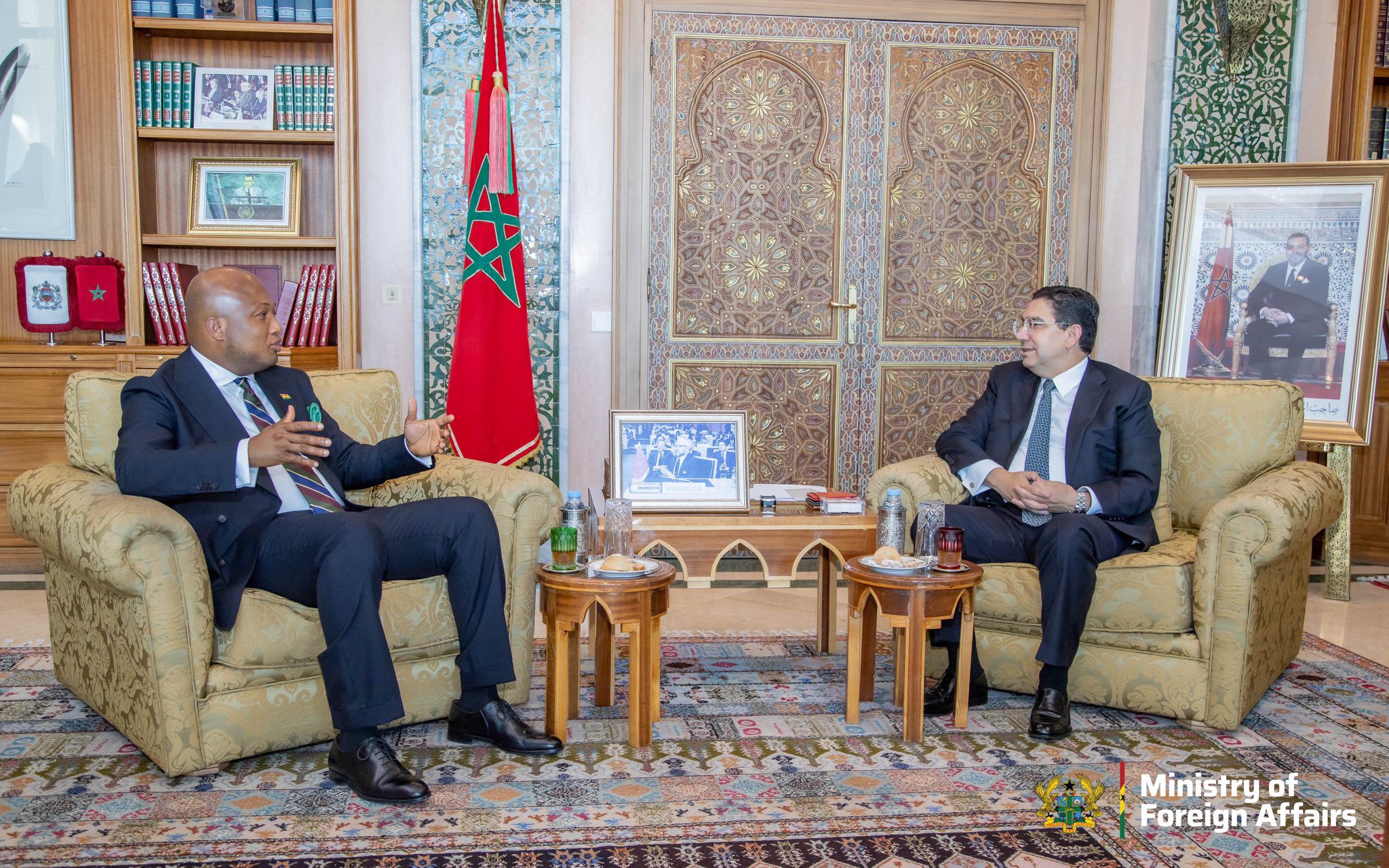






![Burkina Faso celebrates as Ibrahim Traore unveils made-in-Africa electric buses [Video]](https://sportal365images.com/process/smp-images-production/pulse.com.gh/11062025/8558c966-4f8d-4f59-bd16-80956686e33d.png)
Facebook
Twitter
Pinterest
Instagram
Google+
YouTube
LinkedIn
RSS